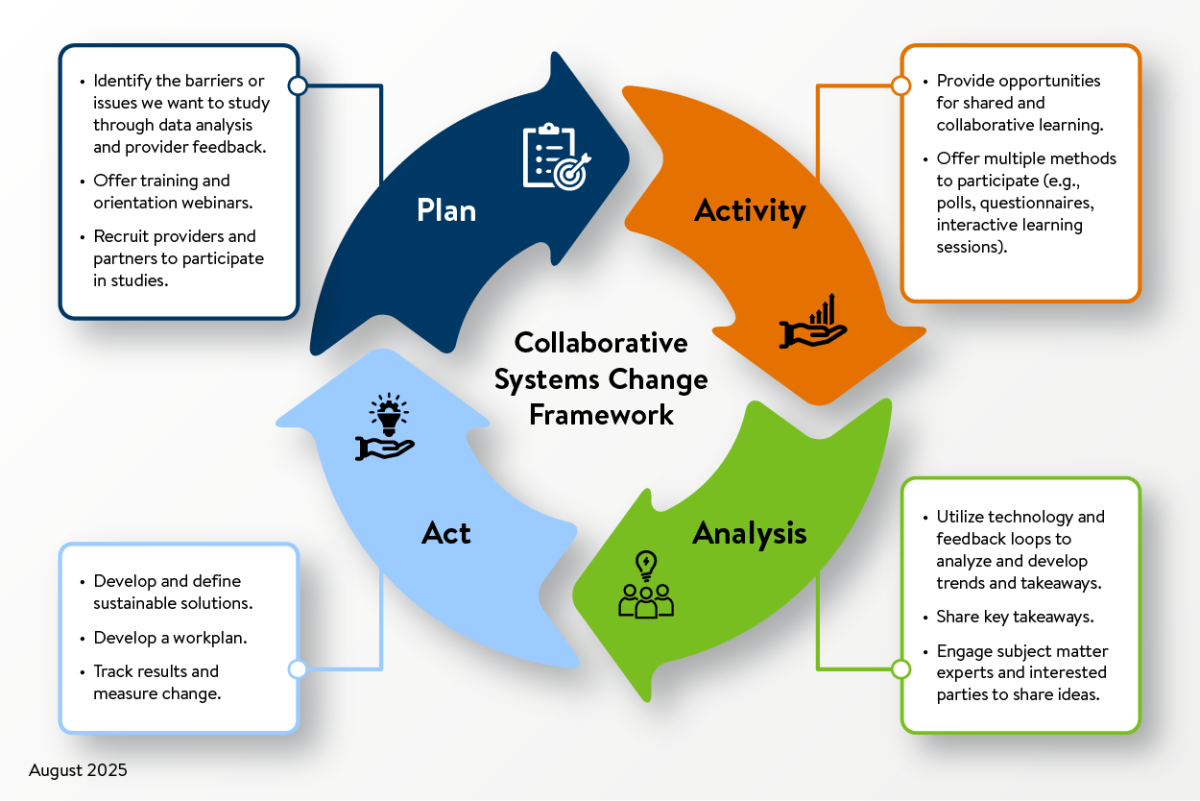MDH is pleased to share a new resource for direct care workers employed in state licensed assisted living facilities or who provide home care services regarding their tuberculosis test results.
The resource, “Your Tuberculosis (TB) Test Results: Why are your test results important to keep?” is the result the Collaborative Systems Change Program, which establishes a space to engage with providers, partners, and subject matter experts to understand barriers providers encounter with the legal requirements.
MDH wanted to improve compliance with the TB screening and testing requirements and do so by listening and engaging with providers in a shared learning environment. The resource was developed by staff in the Health Regulation Division, Infectious Disease Epidemiology and Control Division, alongside and in collaboration with assisted living and home care providers, regulatory agencies/boards, and with provider membership organizations.
More information about TB is available on the Minnesota Department of Health tuberculosis webpage.
